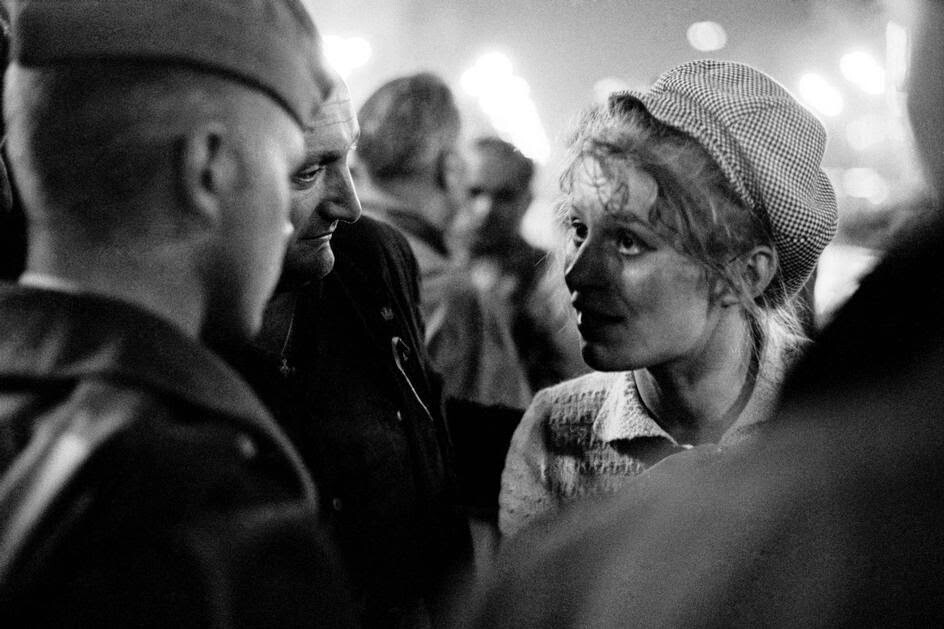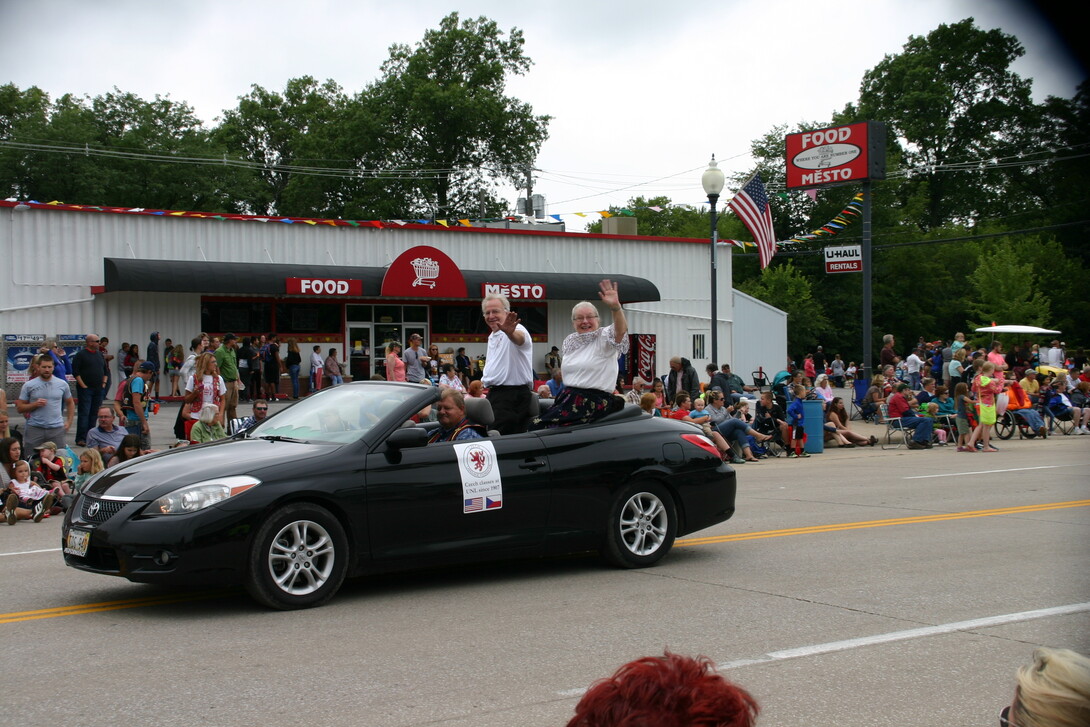
Mila Saskova-Pierce watched as the Soviet military marched into her native city of Prague.
Just 20 years old, she was among Czech citizens who took to the streets in August 1968 to protest the arrival of Soviet Union troops sent to quash the Prague Spring movement. However, Saskova-Pierce soon found herself translating Czech to Russian for the soldiers in an effort to thwart violence.
The experience propelled Saskova-Pierce to a career that has allowed her to educate countless students and the public about Czech language and culture, first as a faculty member at the University of Nebraska–Lincoln and, more recently, as Nebraska’s honorary Czech consulate.
Looking back 50 years later, Saskova-Pierce is proud to have maintained her Czech heritage and for sharing it with others — especially as her home was, in many ways, taken from her.
In the mid-1960s, many Czechoslovakians like Saskova-Pierce were growing restless as they were stuck behind the Iron Curtain of communist rule established in the months after World War II. Rights of Czech citizens expanded as a series of reforms were passed through the Prague Spring movement. However, the reforms were quickly erased by the Soviet Union’s military invasion.
“That was the moment that I felt it was my chance to get out,” Saskova-Pierce said. “I was 20 and no matter what, I was going to make it somehow. I couldn’t go back.”
She headed for Vienna, then Belgium, where under the mentorship of several professors, Saskova-Pierce excelled in journalism and social and cultural history.
A sense of adventure she’d had since her youth led her to cross the ocean to complete her doctorate at the University of Kansas. In 1989, she was offered a position at Nebraska to teach Czech and Russian in the department of Modern Languages and Literatures. She also served as adviser to the Czech Komensky Club and worked with Alan Cerveny and Greg Jansen in 2005 to create a student exchange program.
In 1991, after the fall of communism, Saskova-Pierce was able to travel back to Prague with her husband and two small children.
“We flew to Frankfurt in Germany and took a night train into Prague,” she said. “My kids were sleeping on the train and I woke them up and said, ‘Hey guys, get up. We’re home.’ And they thought I meant Nebraska. That was an emotional moment for me.
“My life seemed divided between Nebraska and Czechoslovakia.”

Despite the division, Nebraska — a destination for Czech immigrants since the 1860s — has been a very good fit for Saskova-Pierce. After 26 years of service to the university, she retired from teaching in 2015. She continues to spend time on campus as a professor emerita, working with students on Czech and Russian studies.
She has remained connected to the Czech community, often serving as a cultural resource for the many clubs and festivals throughout Nebraska.
Her connections to both the state and the Czech Republic led to an appointment as the honorary Czech counsel for Nebraska. The position was announced in October by Gov. Pete Ricketts and Czech Republic Ambassador Hynek Kmonicek in October.
“This honorary consulship is a good metaphor of my allegiance, which is multiplied by two,” she said. “I have a double allegiance.”
As the honorary consul, Saskova-Pierce continues much of the work she’s done previously to promote Czech culture. She also acts as a liaison for Czech citizens visiting Nebraska and neighboring states.
The post also allows her to serve in a dignitary role when Czech officials visit the state. She recently welcomed Czech ministers of education and agriculture to the university and providing translation services Nov. 20-22.
“With the advent of email, contact is very easy,” she said. “I started to be contacted by people who needed help. I was also involved in many short programs and Czech festivals, so I was known in the Czech community. Now, it’s just more official.”







